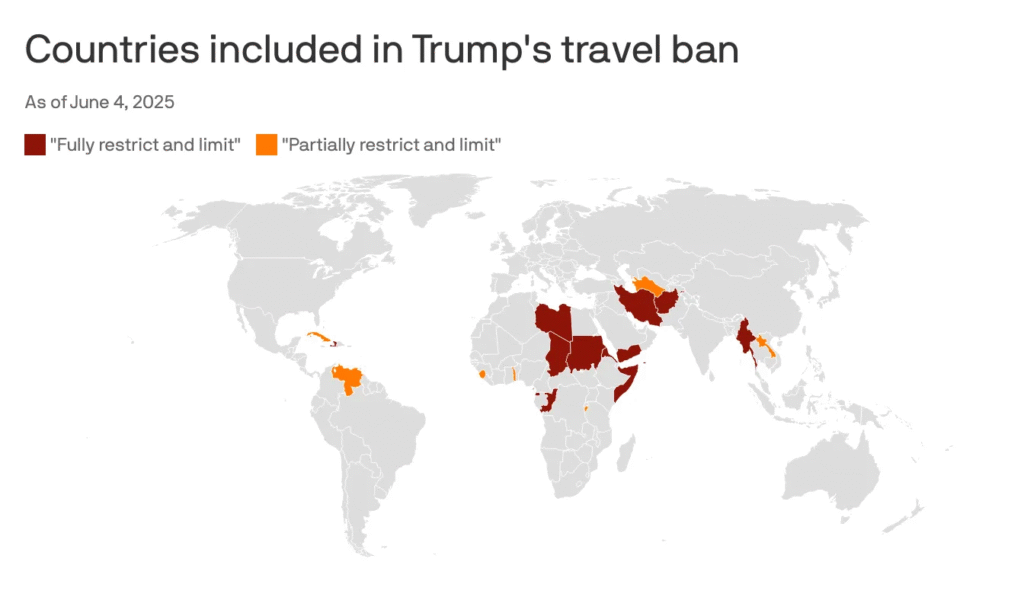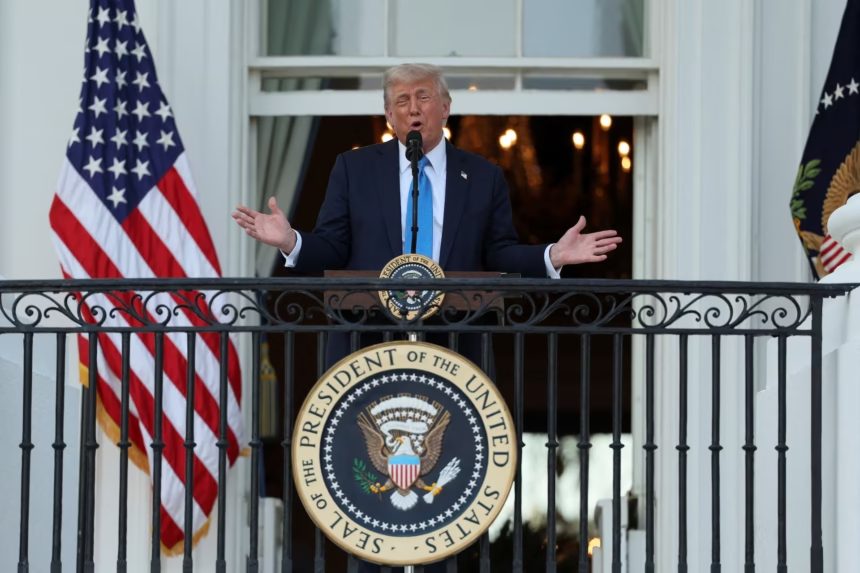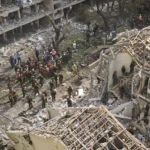On June 4, 2025, U.S. President Donald Trump signed a new proclamation that bans citizens from 12 countries from entering the United States. Framing it as a national security measure, Trump said the move was essential to protect the country against “foreign terrorists” and other threats. This step is part of a broader immigration crackdown in his second presidential term, which has already included mass deportations and tougher visa restrictions.
List of Countries Affected and Nature of Restrictions

The ban applies fully to citizens of Afghanistan, Myanmar, Chad, Congo, Equatorial Guinea, Eritrea, Haiti, Iran, Libya, Somalia, Sudan, and Yemen. Meanwhile, travelers from Burundi, Cuba, Laos, Sierra Leone, Togo, Turkmenistan, and Venezuela will face partial restrictions. The proclamation takes effect on June 9, 2025, at 12:01 a.m. EDT. However, the order clarifies that visas issued before that date will remain valid and will not be revoked.
Trump’s Justification and Public Statement
In a video posted on X (formerly Twitter), Trump said, “We will not allow people to enter our country who wish to do us harm.” He warned that the list of restricted countries may be revised and expanded based on evolving security concerns. Trump emphasized that some of these nations have a strong presence of terrorist organizations, lack cooperation on visa security, struggle with identity verification, and show high levels of visa overstays.
International Reactions and Diplomatic Concerns
The travel ban sparked immediate global criticism. The African Union Commission expressed worry about the potential harm this policy could inflict on educational exchanges, business relations, and diplomatic ties. It urged the U.S. to adopt a more consultative and cooperative approach with the nations affected. Somalia’s ambassador to the U.S., Dahir Hassan Abdi, responded with a pledge to work with Washington to address the stated concerns.
A Recurring Controversy: Echoes of the 2017 Ban
This new proclamation echoes Trump’s earlier travel ban introduced in 2017, which targeted several Muslim-majority nations. That ban faced legal battles but was ultimately upheld by the Supreme Court in 2018. President Joe Biden repealed the order in 2021, calling it “a stain on our national conscience.” Trump’s new version is even broader in scope, targeting countries based on alleged terrorist threats and poor vetting systems.
Fueling the Fire: Recent Security Incidents
Trump also cited a recent incident in Boulder, Colorado, where an Egyptian national, Mohamed Sabry Soliman, threw a gasoline bomb into a crowd of pro-Israel demonstrators. Although Egypt is not on the list of restricted countries, Soliman had overstayed his tourist visa and was working with an expired permit. This incident, according to Trump, illustrates the urgent need for tighter immigration controls.
Venezuela and Others Respond
Venezuelan Interior Minister Diosdado Cabello, a close ally of President Nicolás Maduro, strongly condemned the U.S. government, labeling it fascist and warning Venezuelans that being in the U.S. “is a big risk.” He added that many Venezuelans are being persecuted without justification. Meanwhile, officials from Afghanistan and Pakistan have yet to respond publicly, even as thousands of Afghans wait in Pakistan for U.S. resettlement.
Looking Ahead
As the travel ban takes effect on June 9, its impact will extend far beyond border control. With global diplomatic tensions rising, international students and families divided, and businesses affected, this move is likely to generate legal, humanitarian, and political challenges in the coming weeks.
For more updates check out our Instagram handle.









